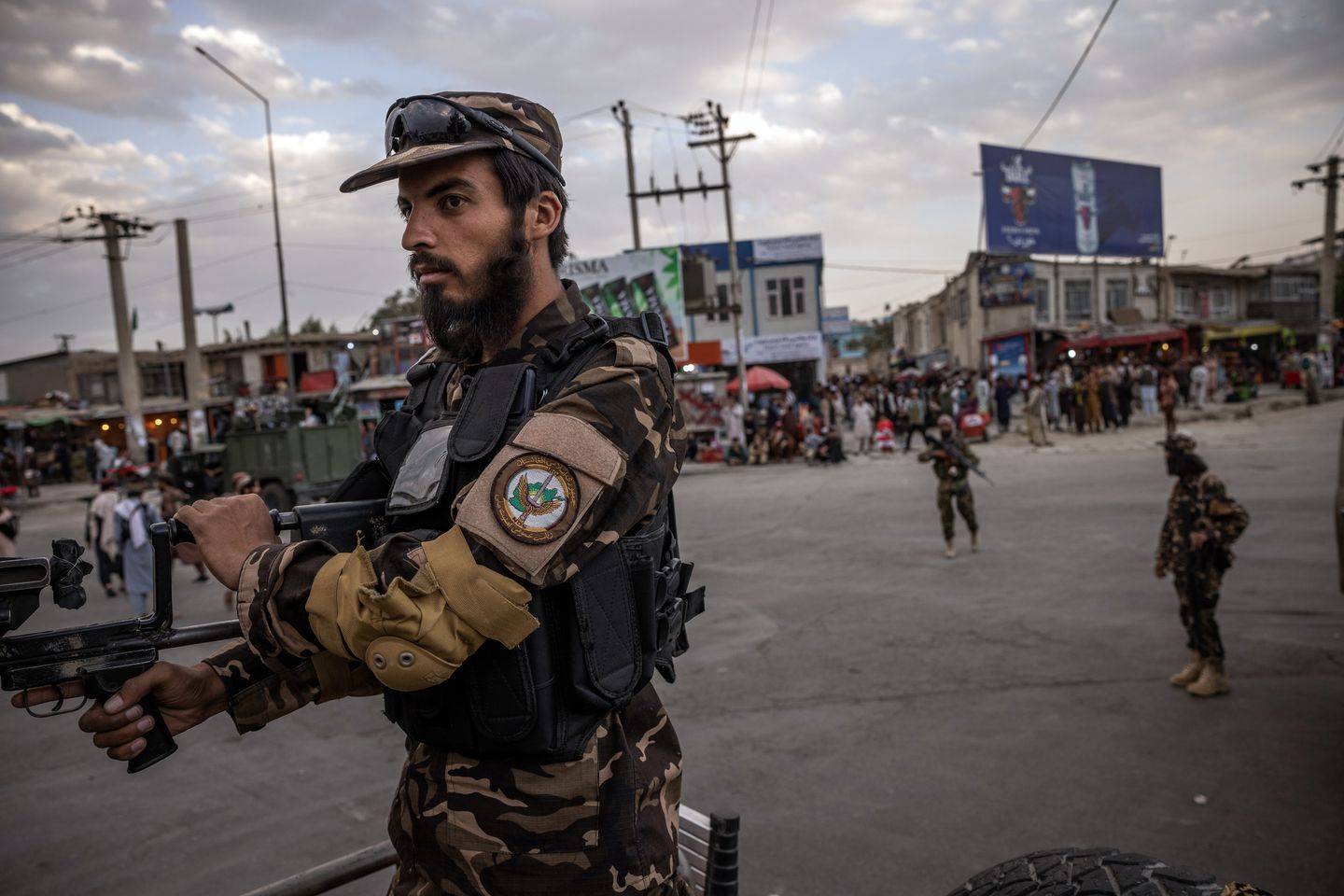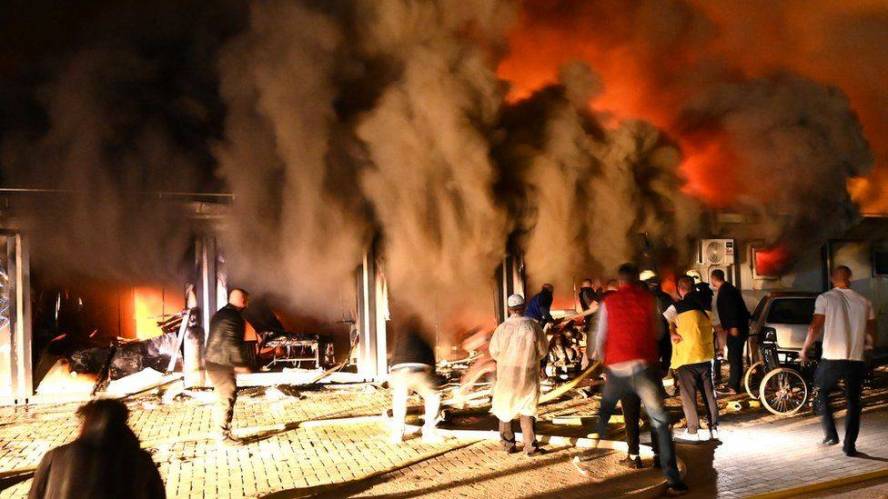After U.S troops leave AfghanistanTaliban celebrate victory

Taliban fighters watched the last U.S. planes disappear into the sky over Afghanistan around midnight Monday and then fired their guns into the air, celebrating victory after a 20-year insurgency that drove the world’s most powerful military out of one of the poorest countries.
The departure of the U.S. cargo planes marked the end of a massive airlift in which tens of thousands of people fled Afghanistan, fearful of the return of Taliban rule after the militants took over most of the country and rolled into the capital earlier this month.
“The last five aircraft have left; it’s over!” said Head Sherzad, a Taliban fighter stationed at Kabul’s international airport. “I cannot express my happiness in words. ... Our 20 years of sacrifice worked.”
In Washington, Gen. Frank McKenzie, head of U.S. Central Command, announced the completion of America’s longest war and the evacuation effort, saying the last planes took off from Kabul airport at 3:29 p.m. EDT one minute before midnight Monday in Kabul.
“We did not get everybody out that we wanted to get out,” he said.
With its last troops gone, the U.S. ended its 20-year war with the Taliban back in power. Many Afghans remain fearful of their rule or further instability, sporadic reports of killings and other abuses in areas under Taliban control despite the group’s pledges to restore peace and security.
“American soldiers left the Kabul airport, and our nation got its full independence,” Taliban spokesman Zabihullah Mujahid said early Tuesday.
The U.S. and its allies invaded Afghanistan shortly after the Sept. 11, 2001, terror attack on the United States, which al-Qaida orchestrated while sheltering under Taliban rule. The invasion drove the Taliban from power in weeks and scattered Osama bin Laden and other top al-Qaida leaders.
AFTER DECADES OF WAR, the U.S. and its allies launched an ambitious effort to rebuild, investing billions of dollars in a Western-style government and security forces. Women, largely confined to their homes under the Taliban’s hard-line rule, benefitted from access to education and came to assume prominent roles in public life.
But the Taliban never went away.
As the U.S. focused on another troubled war in Iraq and the Afghan government became mired in corruption, the Taliban regrouped in the countryside and neighbouring Pakistan n the coming years. They seized large parts of rural Afghanistan n recent years and carried out near-daily assaults on Afghan security forces.
Eager to end the war, the Trump administration signed a peace deal with the Taliban in February 2020 that paved the way for the withdrawal. President Joe Biden extended the deadline from May to August and continued with the pullout despite the Taliban’s rapid blitz across the country earlier this month.
The Taliban control all of Afghanistan except for the mountainous Panjshir province, where a few thousand local fighters and remnants of Afghanistan’s collapsed security forces have pledged to resist them. The Taliban say they are seeking a peaceful resolution there.
They face much graver challenges now that they govern one of Earth's poorest and most war-ravaged nations.
In recent days Afghans have lined up outside banks as an economic crisis that predates the Taliban takeover worsens. A string of attacks by the Islamic State extremist group’s local affiliate, including a barrage of rockets fired at the airport Monday, shows the security challenges the Taliban face.
On Thursday, an Islamic State suicide attack at an airport gate killed at least 169 Afghans and 13 U.S. service members. The extremist group is far more radical than the Taliban, and the two groups have fought each other before. The Taliban say they will prevent Afghanistan from being used as a base for terror attacks, a pledge that will likely be tested soon.
McKenzie said the Taliban were “significantly helpful” in enabling the airlift but will have difficulty securing Kabul in the coming days, not least because of the threat they face from IS. He said the Taliban had freed fighters from prisons, swelling their ranks to an estimated 2,000.
“Now they are going to be able to reap what they sowed,” the American general said.
Many Afghans fear the Taliban, who governed the country under a harsh interpretation of Islamic law from 1996 until 2001. They banned television and music, barred women from attending school or working outside the home, and carried out public executions in those years.






0 Comment